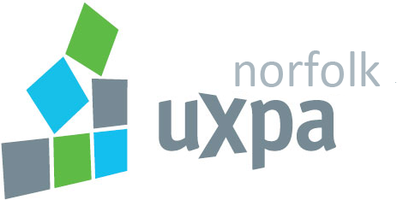 I've been giving this a lot of thought since (1) taking my new job at the Hampton Roads Partnership and (2) since the economy is tanking. Read on...
I've been giving this a lot of thought since (1) taking my new job at the Hampton Roads Partnership and (2) since the economy is tanking. Read on...
Our stakeholders want to know we care. In a recession, stakeholders NEED to know we care. That means that now more than ever we need to reach out to our stakeholders often, to ask how they are doing and what we can do better to meet their wants and needs.
In a paper by Andrew Razeghi, Kellogg School of Management, he offers tips on how we can increase stakeholder experiences during economic downturns.
One of the tips is important to heed: Rather than reduce price (investment, sponsorships, member fees, etc.), offer more value to stakeholders.
Recessions aren't a time to cut our prices but instead to offer greater, more tangible value for the same price and a better guarantee. We should increase communications with:
- our current stakeholders
- stakeholders who have gone missing and
- potential stakeholders.
Case in point: in a study of 600 business-to-business companies, "McGraw-Hill Research found that businesses that maintained or increased their advertising expenditures during the 1981-1982 recession, averaged higher sales growth during the recession and in the three years following."
Today, although I certainly don't prescribe to advertising as the best way to communicate with our stakeholders, the study still holds true --26 years later. Use the following tools to listen and to talk with stakeholder communities:
- Monthly Newsletters or white papers that help stakeholders stay informed, achieve efficiencies and cost-savings, etc. while fulfilling our mission.
- Blog posts in which the objectives are the same as the newsletters and white papers. These should be created three to four times a week.
- “Thank you” notes sent once or twice a year to current and former stakeholders, showing how much you appreciate (in the case of “former”: appreciated) their participation.
- Birthday, anniversary, holiday, congratulatory cards and letters.





















No comments:
Post a Comment